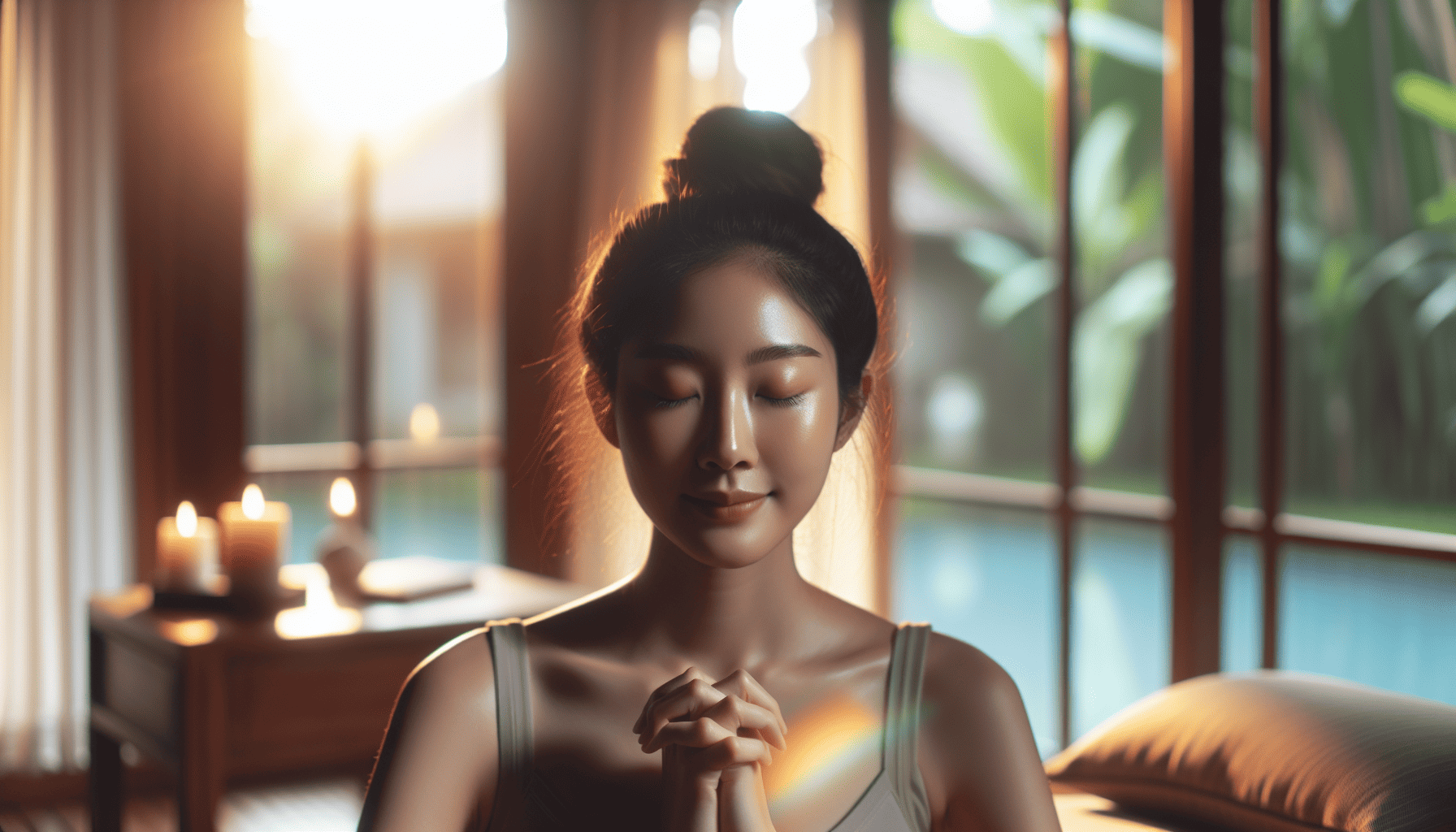In today's fast-paced world, stress has become an almost inevitable part of daily life. As demands from work, family, and social obligations pile up, relaxation often takes a back seat. However, integrating effective relaxation techniques into your routine is essential for maintaining a balanced, stress-free life and enhancing overall well-being. From mindfulness practices to physical activities, here are several approaches you can adopt to unwind and rejuvenate your mind and body.
Mindfulness and Meditation
Mindfulness is the practice of being present and fully engaged with the current moment, without judgment or distraction. Incorporating mindfulness into your daily routine can significantly reduce stress levels. Begin with short sessions of meditation—five to ten minutes a day—where you focus on your breath, observe your thoughts, and gradually enhance your attention span. Meditation apps or guided sessions online can be an excellent starting point for beginners.
Deep Breathing Exercises
Deep breathing exercises are one of the simplest yet most powerful relaxation techniques. They help slow the heart rate, reduce blood pressure, and instill a sense of calm. Practice deep breathing by inhaling slowly through your nose, holding your breath for a few seconds, and exhaling gently through your mouth. A brief session of deep breathing can be particularly useful during a busy workday or before sleep to combat anxiety and tension.
Progressive Muscle Relaxation
Progressive Muscle Relaxation (PMR) is a technique that involves tensing and then slowly releasing each muscle group in your body. Start from your toes and work your way up to your head, systematically relaxing your muscles. This practice not only reduces physical tension but also provides mental clarity and relaxation. With practice, you can learn to distinguish between tension and relaxation in different muscle groups, enabling better stress management.
Physical Activity and Yoga
Regular physical activity is a cornerstone of stress reduction. Whether it's a brisk walk, a cycle, or a session at the gym, exercise releases endorphins—natural mood elevators. Additionally, incorporating yoga into your routine combines physical activity with mindfulness and controlled breathing. Yoga offers various styles that enhance flexibility, strength, and peace of mind, making it an effective holistic practice for stress relief.
Aromatherapy and Essential Oils
Aromatherapy uses essential oils to promote relaxation and well-being. Scents like lavender, chamomile, and eucalyptus are known for their calming properties. You can use essential oils in a diffuser, add them to a warm bath, or apply them to your temples and wrists. The aromatic compounds of these oils can help reduce anxiety, improve sleep quality, and elevate mood.
Creative Outlets and Hobbies
Engaging in creative activities such as painting, writing, or playing music provides a sense of accomplishment and joy, which can be a powerful antidote to stress. These activities allow for self-expression and distraction from daily pressures. Set aside time each week to engage in a hobby you love, letting your mind and spirit find solace in creativity.
Nature and Outdoor Activities
Spending time in nature has a soothing effect on the mind. Whether it's a walk in the park, a hike in the woods, or simply sitting in a garden, nature impacts stress reduction positively. Fresh air and natural beauty help to reset your mind, lowering stress hormones and boosting mental health. Try to integrate outdoor activities into your routine, perhaps during your lunch break or on weekends.
Adequate Sleep and Rest
Quality sleep is fundamental to managing stress. Without enough rest, stress levels can escalate, leading to various health issues. Develop a consistent sleep schedule by going to bed and waking up at the same time daily. Create a relaxing bedtime routine by avoiding screens, practicing light stretching, or reading a book to prepare your body for restful sleep.
Social Connection and Support
Lastly, never underestimate the power of social connections in relieving stress. Sharing your thoughts and experiences with friends or family members can provide support and reduce feelings of loneliness. Make time for social activities, whether it’s a casual coffee meet-up or a family gathering, to nurture your emotional well-being.
By weaving these relaxation techniques into the fabric of your daily life, you can create a healthier, more balanced lifestyle. Remember, relaxation is not a luxury; it is a necessity for a stress-free, fulfilling life. Prioritize your well-being and watch how these changes positively impact your physical and mental health.
